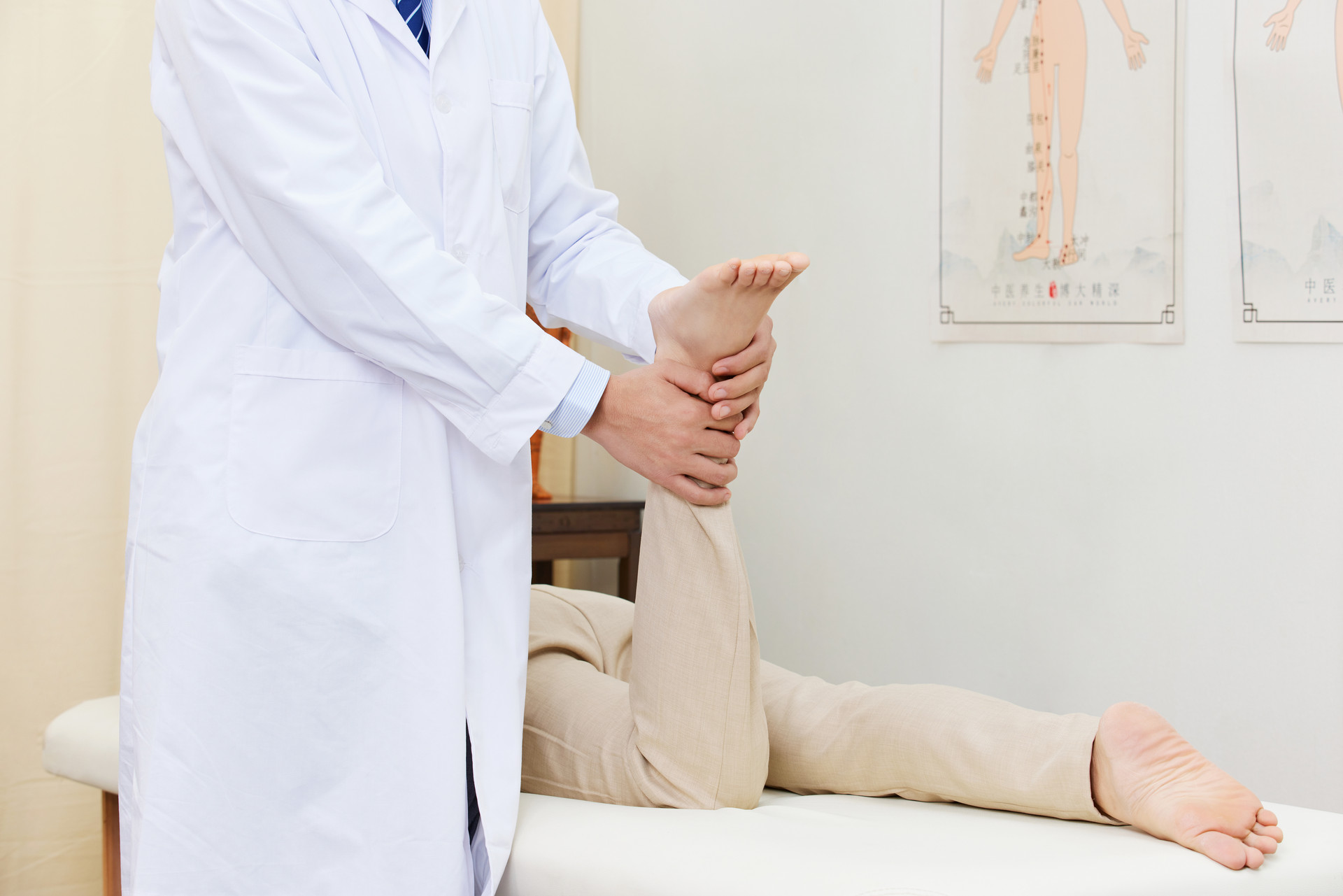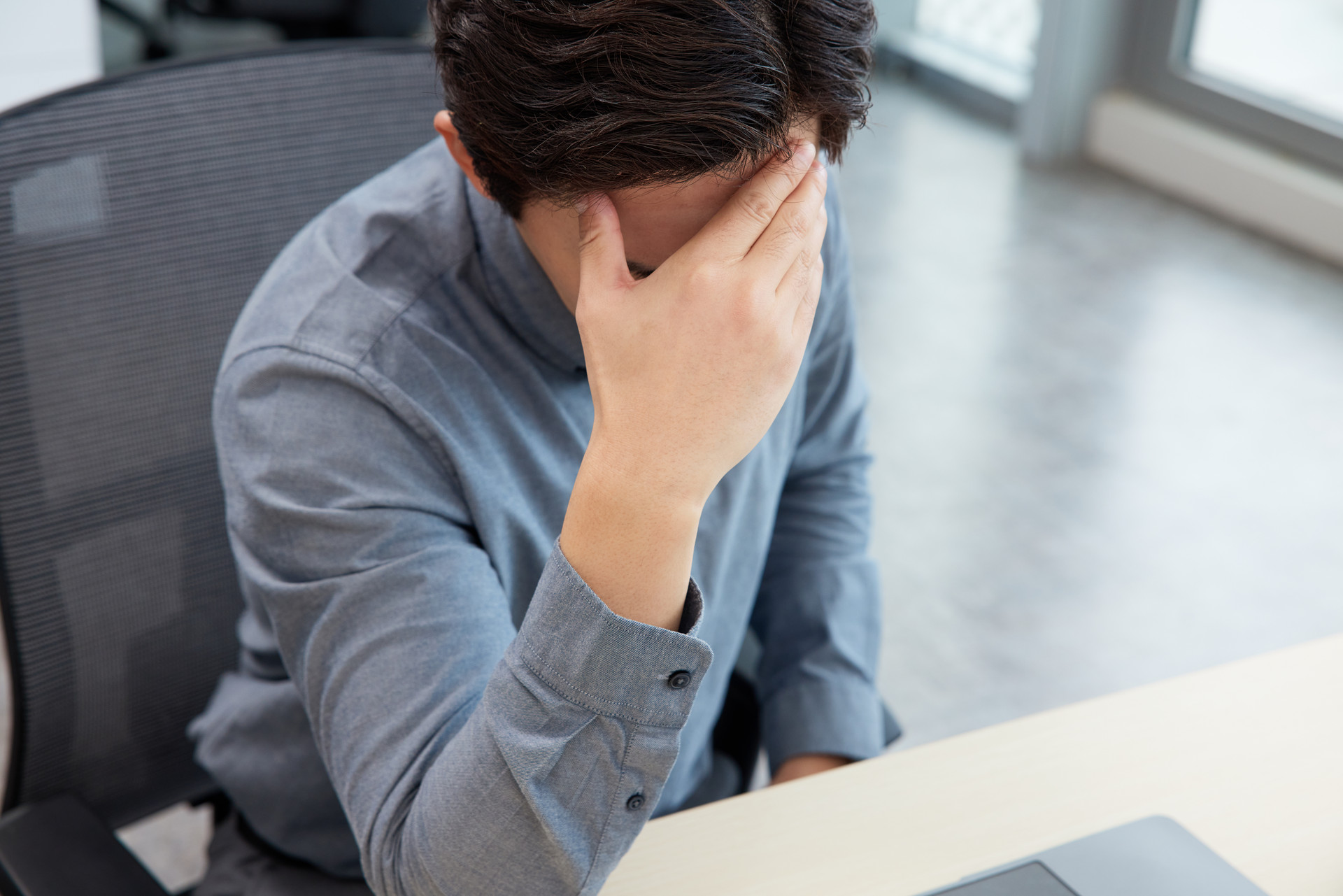Men's Stomach Health: Nine Taboos
1. Avoid excessive drinking:
Alcohol can directly damage the gastric mucosa. It can also cause liver cirrhosis and chronic pancreatitis, which in turn worsen gastric damage.
2. Avoid irregular eating habits:
When hungry, the high concentration of gastric acid and protease in the stomach can cause self-digestion of the mucosa. Overeating can damage the stomach's self-protection mechanism and lead to gastric injury due to excessive expansion of the stomach and prolonged food retention time.
3. Avoid eating unclean food:
H. pylori infection is one of the important causes of gastric and duodenal ulcers. The detection rate of this bacteria in ulcer patients is as high as 70-90%. Unclean food is also one of the reasons for infection.
4. Avoid overeating at dinner:
Some people tend to concentrate their daily nutritional intake at dinner or eat snacks or something before bedtime. This not only affects sleep quality and promotes obesity, but also stimulates gastric mucosa to secrete excessive gastric acid, leading to ulcer formation.
5. Avoid eating too quickly:
Food needs to be stored, ground, and digested in the stomach before it can be passed into the intestine. If food is not chewed thoroughly and is eaten too quickly, it increases the burden on the stomach and prolongs the retention time, which can lead to gastric mucosal damage. Chewing slowly and swallowing gradually can increase saliva secretion and reduce gastric acid and bile secretion, which is beneficial for gastric protection.
6. Avoid coffee and strong tea:
Coffee and strong tea are both central nervous system stimulants. They can cause gastric mucosal ischemia through reflexes, disrupt the protective function of the gastric mucosa, and promote the occurrence of ulcers.
7. Avoid excessive use of medications:
Medications that can damage the gastric mucosa mainly include three types: acetylsalicylic acid, such as aspirin; non-steroidal anti-inflammatory drugs such as ibuprofen; and corticosteroids and other hormone medications. These medications should be avoided as much as possible. If they must be taken, the dosage and duration should be controlled, and it is best to take them after meals.
8. Avoid excessive fatigue:
Whether it is physical labor or mental work, excessive fatigue can cause insufficient blood supply to the stomach and lead to disorders in secretion function. Excessive gastric acid secretion and decreased mucus secretion can damage the gastric mucosa.
9. Avoid mental stress:
When a person is stressed, anxious, or angry, their negative emotions can spread through the cerebral cortex to the autonomic nervous system, directly causing gastrointestinal dysfunction. This can result in excessive secretion of gastric acid and pepsin, gastric vascular constriction, pyloric spasm, delayed gastric emptying, damage to the gastric mucosal protective layer, and self-digestion, leading to ulcer formation.
Six Measures for Stomach Health
1. Eat a warm breakfast:
Many people skip breakfast due to busy work schedules, but this is harmful to the stomach. Breakfast is crucial for our body as our stomach has not had any food overnight. Skipping breakfast severely affects the digestion function of our intestines and stomach. It is best to eat warm food for breakfast, which can aid digestion.
2. Eat fruits but avoid melons:
There is a saying that "eating melons in autumn damages the stomach." Some delicious melons are mostly cold in nature and can damage the spleen and stomach if consumed excessively. However, some fruits can be eaten more. Pears can moisten the lungs and help relieve coughs, making them the most recommended fruit in autumn. Apples are rich in various vitamins and potassium, which are not only beneficial for cardiovascular disease patients but also can help stop diarrhea. Longan has the effects of nourishing, strengthening, calming, and replenishing blood, making it particularly suitable for elderly people with insomnia at night.
3. Eat soft, warm, plain, fresh food:
Cooking methods such as steaming, boiling, stewing, and braising are recommended, while hard and rough foods should be avoided. When eating, take your time and thoroughly chew the food in your mouth, allowing it to mix well with saliva before swallowing. This is beneficial for digestion and post-illness recovery. Pay attention to the regulation of food temperature throughout the seasons. Those with weak spleen and stomach should avoid eating raw and cold food, while those with liver stagnation and qi stagnation should avoid eating immediately after getting angry.
4. Eat at regular intervals:
Patients with chronic stomach pain should have regular mealtimes and reasonable intervals between meals. Patients with acute stomach pain should try to eat small meals frequently to ensure that there is always food and gastric acid for neutralization in the stomach, preventing erosion of the gastric mucosa and ulcers from worsening.
5. Pay attention to balanced nutrition:
Daily diet should include foods rich in vitamins to protect the gastric mucosa and enhance its defense capabilities. This can also promote the repair of local lesions.
6. Take measures to keep warm:
The stomach prefers warmth and dislikes cold. When the weather is cold in autumn and winter, the stomach can be damaged if it gets too cold. Therefore, it is important to keep the stomach warm. People with chronic gastritis can wear a stomach protector to keep the stomach warm. In autumn and winter, when there is a large temperature difference between day and night, applying a hot water bag or warm pad to the navel at night can help drive away coldness. Make sure to cover the abdomen well when sleeping to prevent abdominal cold and induce stomach pain.










